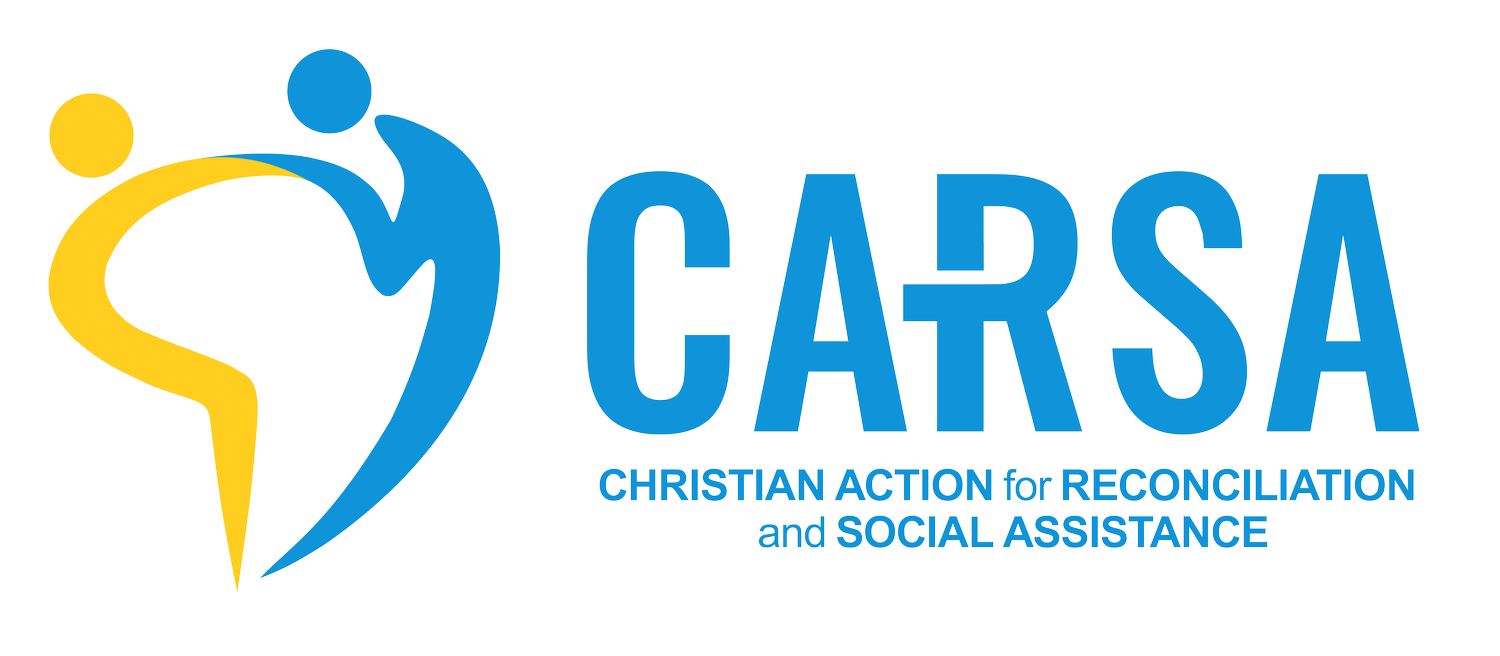
Beyond the Genocide: A Film Reflecting Rwanda’s Journey of Healing and Unity
On April 8, 2025, over 600 people gathered at the Kigali Genocide Memorial for the screening of Beyond the Genocide, a powerful film produced by Rwandan filmmaker Zion Suleiman in collaboration with CARSA and the Rwandan government. The event was part of the 31st commemoration of the 1994 Genocide against the Tutsi, and served as a poignant reminder of Rwanda’s journey from tragedy to unity and resilience.

Breaking Study Barriers Through Educational Support: The Inspiring Journey of Jean de Dieu and His Family
Jean de Dieu is one of many children from disadvantaged backgrounds who have received life-changing support through this program. His parents, Habyarimana Eugene and Nyiranzayubu Berancile, were once burdened by the overwhelming costs of education; now they see a brighter future thanks to the comprehensive assistance provided. The education support doesn't stop at school fees; it includes uniforms, shoes, notebooks, pens, hygiene items, and every other educational necessity.

From Brokenness to Bridge Building: Isabelle's Transformative Role in Rwanda's Recovery
Every year on March 8, Rwanda joins the world in celebrating International Women’s Day, honoring the strength and resilience of women who have played a crucial role in rebuilding the nation after the 1994 Genocide against the Tutsi. CARSA has been at the forefront of this healing process, bringing together genocide survivors and perpetrators to foster reconciliation and sustainable peace. Women have been instrumental in this transformation, leading initiatives that promote healing, unity, and economic empowerment, proving that they are not just beneficiaries but drivers of change.
One such woman is UWAMABERA Isabelle, who turned her painful past into a mission of hope and reconciliation. At just six years old, she lost 21 family members in the genocide, leaving her with deep trauma and a permanent spinal cord condition.

Women as Pillars of Peace and Progress: Driving Reconciliation and Development in Rwanda
At CARSA, we believe that gender equality and women’s empowerment are key to sustainable progress and lasting peace. Through our Empower Program, in collaboration with Compelled By Love, women have played a crucial role in conflict resolution, resilience-building, and economic empowerment. Seven out of our 12 community facilitators are women, leading efforts in peacebuilding, trauma healing, and capacity building for vulnerable communities. Additionally, women hold leadership positions in 63% of our 86 Resilience Community Groups (RCGs), driving economic and social transformation at the grassroots level. One inspiring example is Mukandayisaba Donatha from Muhanga District, who leads a group of 13 people dedicated to economic empowerment and reconciliation. Their initiative to provide livestock has already helped 11 members receive pigs, creating sustainable income opportunities.

Rehabilitation and Reconciliation for Genocide Ex-Prisoners in Rwanda
Joseph Dusengumuremyi, a 63-year-old ex-prisoner, was convicted of killing his neighbors during the 1994 Genocide against the Tutsi and served 15 years in prison. Before the workshop, he hid the truth from his wife and avoided acknowledging his crimes. However, through the program, he openly confessed, sought forgiveness, and committed to educating younger generations to prevent history from repeating itself.
